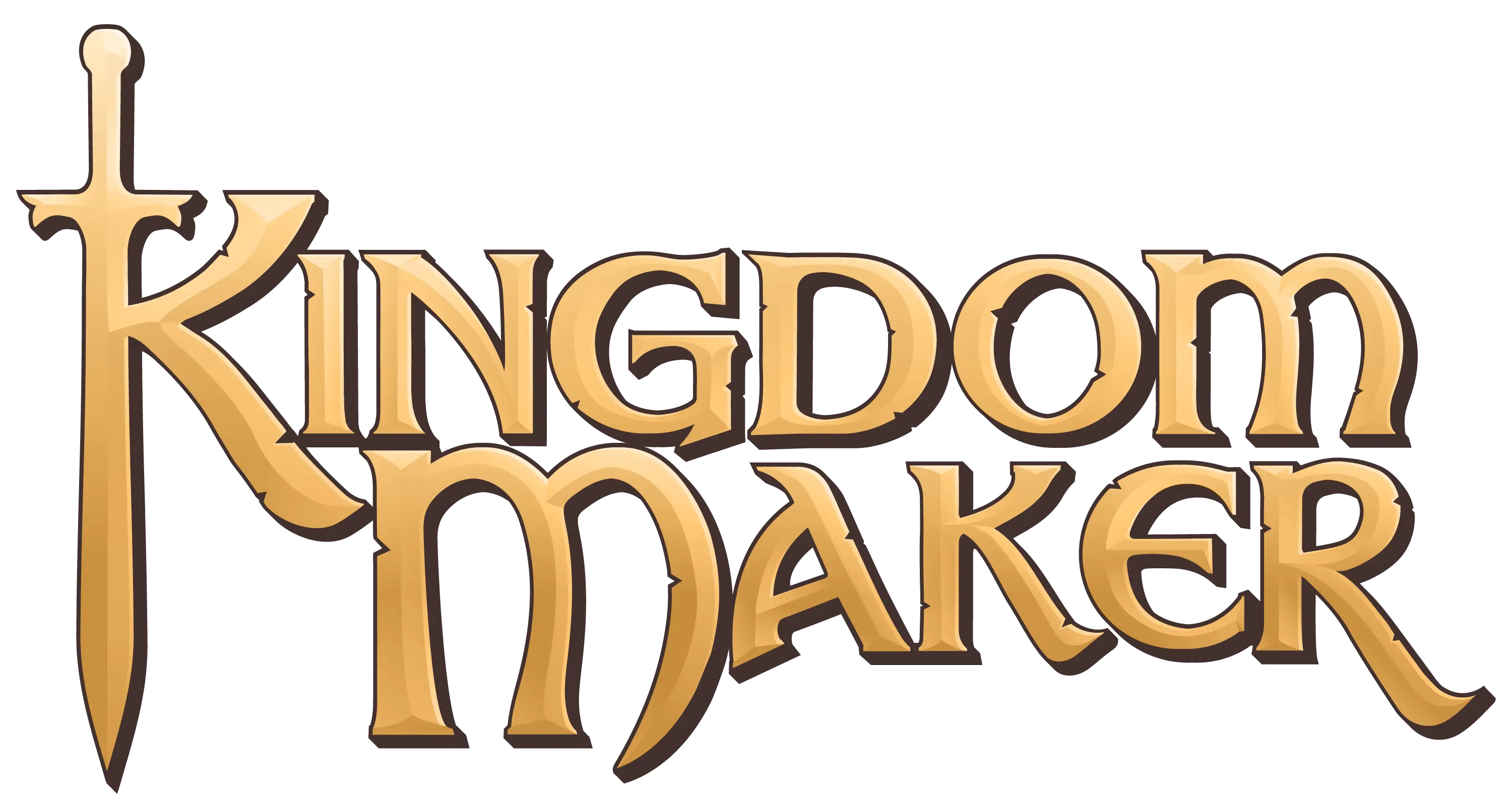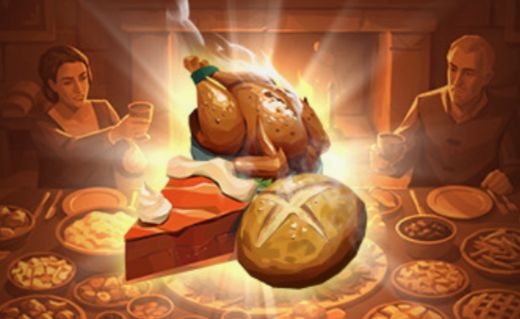Welcome to the world of Kingdom Maker! Hours of adventure await you as you build your story, battle, explore, and create your kingdom.
It’s a big, big world, there’s a lot to learn, and a wise monarch knows when to heed helpful advice. To wit, we’ve assembled some helpful guides to give you a smooth road ahead as you get set to helm your realm.
Speaking of “big world”, it’s vital for any aspiring ruler to get a grip on how to find their way around their future domain. Let us unfurl the maps and acquaint you with Kingdom Maker’s cartography!
Beginner Protection
Before we get started with finding your way around, you should know that your City is protected. At first, anyway. All new players start with a 'bubble' that protects them from attack or other players' Nobles entering their Keep. It’s best to use this time wisely to build up your kingdom, family, and defenses.
Some actions can 'pop' the bubble early, such as:
- Attacking another player
- Reinforcing an attack against another player
- Sending your Nobles to another player's Keep
- Capturing another player's Nobles
- Relocating your city to a location with a resource bonus, such as a Woodside or Capital
There is no way to re-bubble your city; once the bubble has popped, it's gone forever, so do be careful.
State Map
There are several map layers in Kingdom Maker. At the highest level is the State map. Use the State map to explore the Realm and move quickly over large distances. Any county housing an alliance-owned Capital City is marked in blue. All other counties show the banner of the alliance that owns them.
Different areas might have other enemy camps, mining resources, dungeon types, and bonuses (if you're using any area-related army banners!)
From the State map, pinch to zoom into a county or double-tap it. Tapping on it will give you essential details, including the number of players and allies in each County. It is highly recommended to continuously explore and find the most strategic location for you and your army before each relocation!
The County map is where a lot of the action is, so let’s get into the points of interest.
Orc Tribes & Separatists
Non-player camps and cities can be found on the County Map and can be attacked, looted for resources, and some can even be conquered and occupied if you defeat them in battle. The potential loot for every camp is displayed when you tap on each possible target. Potential rewards increase based on the camp's level.
Occasionally, Orcs will send out raiders to attack Human cities. Keep your city’s defenses reinforced to keep your townsfolk and resources safe from the Orc raiders.
On the subject of non-player cities, you may noticed what looks like a proper settlement populated by Separatists. These cities will have names like Woodside, Farmington, and Bedrock. They’ll always be tougher targets than the other enemy settlements in a given county (you can see what you’re up against because the level of your target is displayed next to the name). You’re in for a much tougher fight than normal if you decide to tackle one of these targets, but the rewards for relieving those ne’er-do-wells of their settlements are great. It might take the effort of multiple armies, but If you win the fight, the settlement will be in turmoil, and you can use the opportunity to “Conquer” it and relocate your City onto that location to get a boost to all of your Wood, Food, or Stone production for as long as you occupy the spot!
Dungeons
Your Nobles aren’t just rulers, they’re dashing dungeon-delving adventurers too. You can send your Nobles to explore the local Dungeons for loot and precious XP. When sending Nobles to the Dungeons, the Noble’s level and unique talents will help you achieve a higher completion rate, with a corresponding increase of rewards. The loot you have to look forward to can be found by tapping on a Dungeon. Different Dungeons have different rewards, and the higher the level of the Dungeon, the greater the loot!
There are different Dungeon types and tiers, which means you’ll have to level up your Nobles if you want to explore them. To find the level requirement of a dungeon, simply tap on the Dungeon you wish to explore.
Keep in mind that Noble talents also play a role, and certain Dungeons require specific Ranger or Explorer talents to be unlocked.
Trade Posts
Trading is a great way to pass off resources you’ve stockpiled too much of for a quick bit of silver, or to get a nice chunk of a different resource. To begin trading, summon a Noble to your local Trade Post and then enter the Market. Tap on your Noble(s) and task them with Trading either Food, Stone, or Wood for Silver (or another resource, depending on your role and talents).
Trade posts are also excellent places to meet new people and interact with their Nobles. Upon interaction, you could make some babies, do some bribing, or even gather some intel on your new friend or foe.
A portion of the silver spent from every trade transaction is sent daily to the alliance or the family that owns the Capital City within the state that the Trade Post resides. These are considered “taxes”.
Mines
Aside from warfare, Mining is the other vital activity your armies will engage in. In fact, it’s so important that there are even mining Roles for Nobles and Mining focused Commanders! It’s an irreplaceable way to get the ores, salts, and gems you need to produce higher tier troops, make powerful gear at the Blacksmith, and improve your Noble talents. You will find mines located around the realm. Mines contain Minerals, Ore, and Gems which can be extracted by your armies. Can’t find a Mine of the sort you need in your own county? Not a problem, you can send your armies out to Mine nodes in neighboring counties instead–though watch out! The locals may not take kindly to you plundering their resources. If a mining army is attacked and defeated by another player, then the attacker loots some of the resources extracted by the army, and the army returns home with whatever resources are left.
Each mine has a central structure surrounded by nodes. Each node has a limited amount of mine resources. Make sure you’re not assigning your army to mine a node that’s almost tapped out.
You can summon an army by tapping on an empty node and begin extracting resources upon the army’s arrival.
Once the army is full, or the node is depleted, recall your army home to deposit the resources extracted.
Once a node is fully mined, it collapses, and a new one appears in its place.
City Bonuses & Relocation
Different areas of the map have additional bonuses in resource production, training, research speeds, and population growth. If you tap a spot on the County Map, you will see the available bonuses. You can also tap on other players' cities to see what bonuses they are currently receiving.
You can relocate your city in two ways:
1. By tapping on an empty spot anywhere on the map (except the volcano) and choosing "Relocate"
2. By defeating an NPC or another player in combat and choosing to 'Conquer' them within a short period of time after the victory
Conquering another player forces their city to relocate outside of the county they were in then relocates your city to the spot they were on.
Relocation is free if you have not relocated within the last hour. If you have relocated within the last hour, the cost to relocate is based on the time left in the hour and the distance you want to relocate.
Capital Cities
One city per County is designated as its Capital City. Capitals can be attacked and conquered like any other city. Once conquered, you’ll receive additional bonuses that can be found by tapping on the Capital.
In addition to bonuses you and your alliance will collect a Silver Tax from every trade made in the county your Capitals reside in.
Counties are grouped into States, and States are grouped into Regions. Conquering a State or Region Capital is quite a coup, as they promise particularly large bonuses for their owners.




